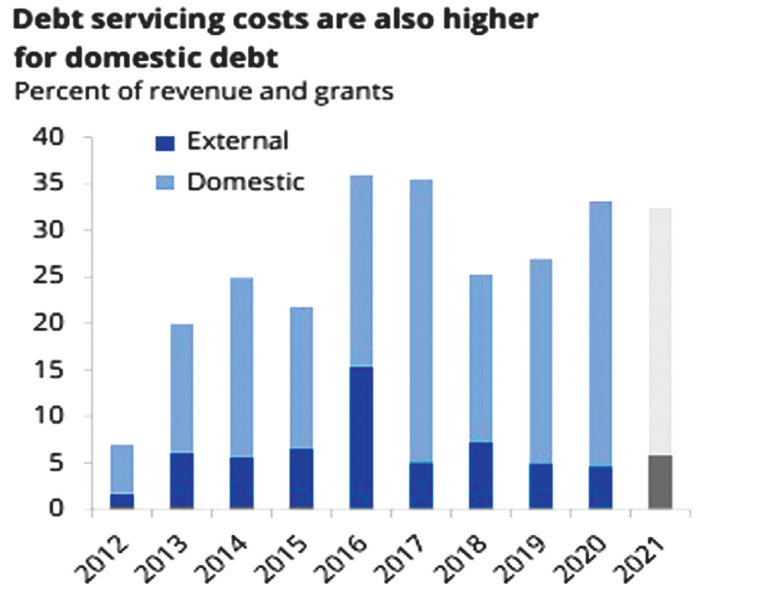IMF cautions on debt, completes discussion
The International Monetary Fund (IMF) has advised the Malawi Government to restore debt sustainability and rebuild fiscal and external buffers to ensure that the country records meaningful economic development.
IMF mission chief Mika Saito made the call in a statement on Friday at the completion of a one-week discussion for the 2021 Article IV consultation with Malawi held virtually.

She said that substantial development and social spending needs, a high debt burden from the past and limited availability of budget support are leading to sustained fiscal and current account deficits.
Saito said it would be beneficial for Malawi to anchor its fiscal programme in a way that stabilises its debt quickly.
She said: “Given the already pressing debt service needs, delaying adjustments will exacerbate pressures down the road, therefore, redoubling efforts on domestic revenue mobilisation, reprioritising expenditure through curtailing growth in wages while safeguarding capital spending, reforming the Affordable Inputs Programme [AIP] and goods and services and reducing non-critical spending would help in this regard.”
The IMF mission also advised government to be realistic in budget forecasts and public financial management reforms, saying this would help contain fiscal deficits and debt.
The mission also called for the strengthening of public sector governance and institutions, saying this would help safeguard scarce resources and strengthen policy effectiveness.
The mission added that publication of comprehensive fiscal reports to further enhance budget transparency and accountability should also be considered.
“It is also important for the authorities to complete remaining Covid-19 spending audit reports and take follow-up actions on the findings of the National Audit Office’s completed audit reports, which pointed to the misappropriation of Covid-19-related public funds.”
While commending the government’s increased availability of statistics, especially in the monetary and national accounts, Saito said further efforts across areas, particularly consolidated fiscal statistics and balance of payments data, would be helpful and the IMF stands ready to support these efforts through technical assistance.
She also advised government to allow a greater exchange rate flexibility and strengthening the monetary and fiscal policy stance, saying this would help address chronic foreign exchange shortages and potential inflationary pressures.
Currently, Malawi’s debt stock has been on the rise, hitting a record K4.76 trillion by December last year, which is double the value of the last financial year’s fiscal plan pegged at K2.3 trillion.
A recent World Bank report also shows that external debt rose from $2.42 billion (about K1.97 trillion) in 2019 to $2.94 billion (K2.39 trillion) last year.
The 2021 International Debt Statistics, which is the World Bank’s compilation of statistics covering external debt of 123 low and middle-income countries during 2020, shows that Malawi’s external debt figures in the review period represent an approximately 20.8 percent increase compared to the prior year.
Minister of Finance Felix Mlusu is on record as having said that government was restricting borrowing to concessional terms for key infrastructure projects and engaging development partners for the extension of grace periods on loans that are not yet effective and implementing a policy of borrowing for productive investments only.
He said to address the issue of misreporting, government will conduct a special audit of foreign exchange reserves of the Reserve Bank of Malawi (RBM).
University of Malawi economics professor Ben Kaluwa said in an interview yesterday that the issue of debt is threatening the country’s development process and could be a burden on future generations.
He argued that if authorities manage the country’s domestic resources properly, the country could reduce borrowing from both external and internal sources.





